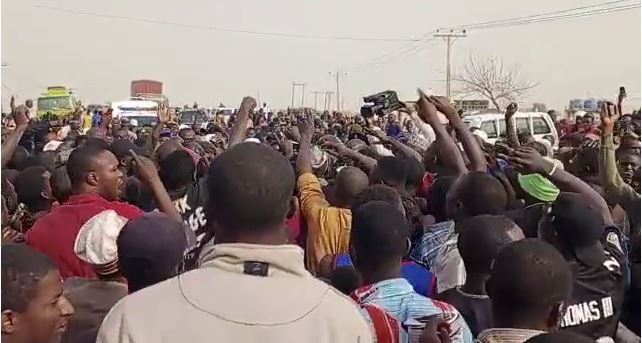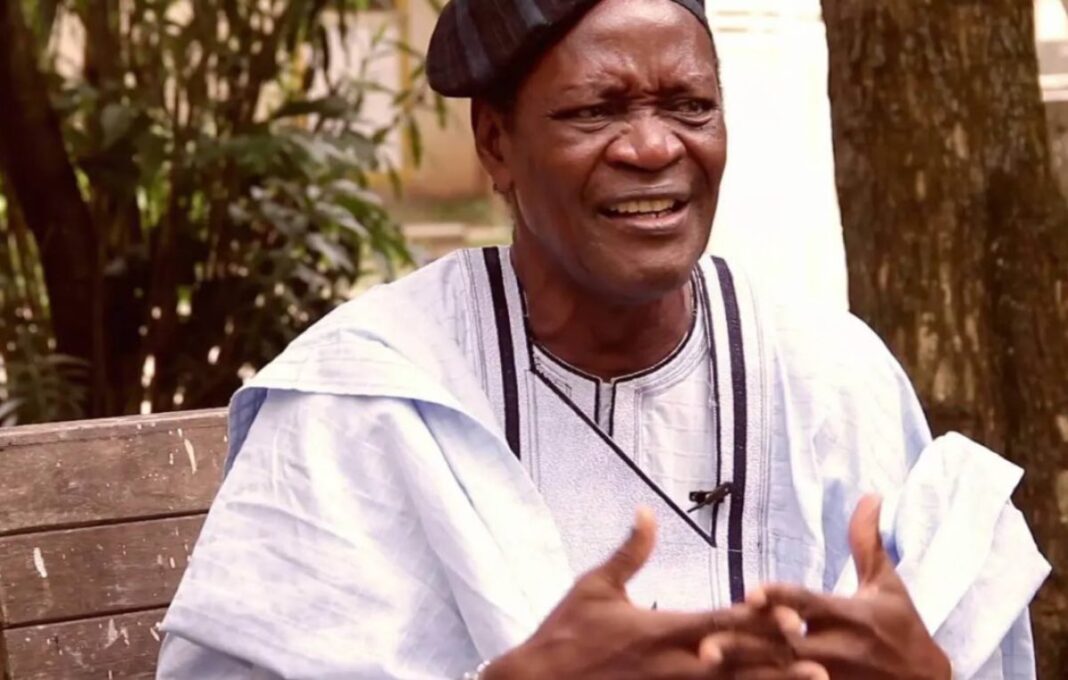For decades, the Islamic Republic of Iran has organised and supported militias dominated by members of the Arab countries’ Shiite Muslim communities. They did this in the name of resisting Israel—until the Arab uprising of 2011 and the subsequent turmoil in Syria, Iraq, and beyond. During this period, the purity of Iranian-backed militias such as Lebanese Hezbollah was horribly tarnished when they said they killed fellow Arabs and Muslims while attempting to prop up Tehran’s allies, most notably Syria’s Bashar al-Assad. This ultimately created the strategic and diplomatic space for Arab countries and Israel (and the United States) to expand the Camp David Accords into the Abraham Accords—realigning Arab and Israeli interests against Iran’s attempt to violently expand its influence in the region.
Then came the 7 October 2023 Hamas attack on Israel. While Iran had long supported “resistance” groups to Israel like Hamas, initial reports indicated the attack’s timing and severity caught Tehran off guard. But much like its adversary the United States, Iran did not want a wider regional war.
Measured Escalation
Four months later, a closer look shows Iran is unfolding a much more measured and calculated escalation that now threatens to expand as Israel continues its assault on Gaza. In the wake of the 7 October attack, and particularly after the deadly attack on Al Ahli Hospital on 17 October, Iranian-supported militias across the region have been attacking not only Israel but the United States as well. This started with Hezbollah strikes across the Lebanon-Israel frontier that have led to the evacuation of border communities on both sides, then daily strikes by Shiite militias against U.S. forces in Syria and Iraq, and thereafter Houthi missile and drone attacks on Red Sea shipping.
Attacks in all three theatres have expanded, with the only period of partial quiet in Iraq, Syria, and the Lebanon-Israel frontier coming during the weeklong Gaza ceasefire. For their part, Yemen’s Houthi fighters have continued their maritime attacks in the Red Sea unabated. By the count of my Washington Institute colleagues, hundreds of attacks along the Lebanon-Israel frontier have led to the evacuation of thousands of Lebanese and Israelis from their homes. Meanwhile, over 180 attacks against U.S. forces in Iraq and Syria have led to the deaths of three U.S. service personnel, the injury of scores more, and at least 10 U.S. counterstrikes.
Last week, an attack by the Iran-backed Kata’eb Hezbollah in Iraq killed three U.S. soldiers at a base in Jordan. In response, the U.S. attacked more than 80 targets in Iraq and Syria belonging to Iran-backed proxy groups and Tehran’s Revolutionary Guard. Finally, scores of Houthi attacks against Red Sea shipping have led the United States to launch some of the Biden administration’s largest air strikes to date.
Polishing Credentials
Tehran is now attempting to polish its resistance credentials to their pre–Arab Spring shine. While Iran and its allies continue to call for the liberation of Jerusalem and the Palestinian territories from Israeli occupation, their incremental escalation seems more intent on using their various militias to drive up Israel’s cost of continuing its Gaza offensive, as well as that of Israel’s American allies. But instead of pushing the United States back or out of the region, militia attacks could well force U.S. President Biden—who will likely face former President Donald Trump in the November election—to escalate with Tehran so as not to appear weaker than his predecessor.
Until now, the nonstate actor proxy strategy has averted broader Israeli military action in southern Lebanon that could threaten Hezbollah’s rocket and missile arsenal, whose strategic purpose is not as much to liberate Palestine as to deter an Israeli attack on Iran, its nuclear programme, and its assets across the region. But with more specific and bellicose language coming out of Israel demanding Hezbollah withdraw its cross-border Radwan Units from areas south of the Litani River, the risk of mistake and miscalculation—which led to war in 2006—rises by the day.
But today, Tehran is much further along in its nuclear programme, meaning Hezbollah’s deterrence capabilities are more vital to Tehran than they were 18 years ago. While the media remains peppered with stories that Iran, Israel and the United States do not want a wider Middle East war, more analyses point toward growing indications of just that.
Mutually assured destruction, which has kept the peace along the Lebanon-Israel frontier and across the Arab Gulf, remains a powerful factor in each capital’s calculations. Each side believes it is on the opposite side of an escalatory ladder and knows the other’s next step. But the higher each side climbs, the greater the chances of a misstep and of falling off the ladder, with deep implications for the balance of power in the Middle East and beyond.
By Andrew J. Tabler
Andrew Tabler is the Martin J. Gross Senior Fellow at The Washington Institute and former director for Syria on the National Security Council. This article was originally published on Al Majalla’s website.
 Donate
Donate



